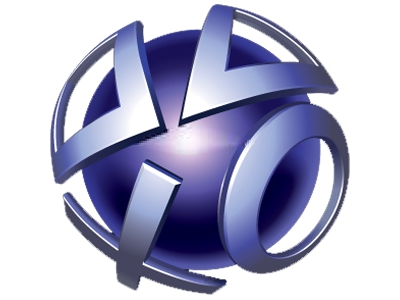Gaikai Shooting for Commercialized Service in Q3 2014
PlayStation streaming will begin towards the latter half of 2014.
Back in July 2012, Sony confirmed that it planned to purchase cloud gaming platform Gaikai for $380 million USD. Then in February 2013 Gaikai revealed that the platform would eventually stream PlayStation, PlayStation 2 and PlayStation 3 games to the just-launched PlayStation 4. There has also been talk over the last few months that Sony will even offer these games outside the box, selling PlayStation as a brand for all devices.
That said, sources recently told Eurogamer that a number of developers are taking part in an early 2014 beta, and that the full streaming service will roll out in Q3 2014 in North America. Andrew House, President and Group CEO of Sony Computer Entertainment, confirms. "We're on track to have a commercial service up and running in the US first within 2014," he says. "That remains the plan and we're very much on track to reach that."
Here's where his answer gets really juicy. "But what's important is to understand the full scope of what we're trying to achieve and why we felt the Gaikai acquisition was important," he adds. "Our goal is to be able to have a new form of game distribution streamed from the server side, initially to PS4 consoles then gradually moving that out to Vita."
But this service, eventually, won't be locked to the PS4 and Vita. "The endgame is to have this available on a multitude of network-connected devices, essentially delivering a console-quality gaming experience on devices which are not innately capable of doing that," he adds.
"We think there's a great opportunity to broaden the market, because you essentially remove the need to make the console purchase in order to have access to that experience," he concludes. "It may sound counter-intuitive, because, aren't you replacing a business that is your bread and butter? But part of being an innovative company is being a pioneer in new forms of distribution of content, and we would like to be there first and take a leadership role."
The long Gaikai answer arrives by way of a recent Q&A with Eurogamer. Previously, House talked about choosing a more PC-like hardware set, saying that Sony based the selection on the ease of development for the broadest range of developers in the industry, including small teams who may be emerging from mobile. Using an AMD APU also cuts down on the initial costs compared to what Sony endured with the PlayStation 3.
"We don't have a 'designed from the ground up' bespoke chipset that led to a lot of the initial costs around PS3," he says. "Yes, it's highly informed and customized from our own engineering talent, but in essence we were working in partnership with an outside vendor, AMD, this time. That also significantly reduces the scale and the scope of the risk of our investment."
Get Tom's Hardware's best news and in-depth reviews, straight to your inbox.
To read the full interview, head here.

Kevin Parrish has over a decade of experience as a writer, editor, and product tester. His work focused on computer hardware, networking equipment, smartphones, tablets, gaming consoles, and other internet-connected devices. His work has appeared in Tom's Hardware, Tom's Guide, Maximum PC, Digital Trends, Android Authority, How-To Geek, Lifewire, and others.
-
illuminatuz hmm.. that sounds great.. I can directly stream games without spending much on hardware.. (I need a great fiber tho) but that's okay.. maybe a good GPU for graphics and rest all taken care!! like youtube on 1080p and instead we control the game!! great idea but no more piracy of copying games when they got it in their own hands and letting the users play for a fee.. and hope the fee is nominal..Reply
a quick question.. is this the future of gaming?? oO just curious.. -
unimatrixzero This isn't just the future of gaming. It's the future for all platforms. One day we'll all be using dumb terminals that stream graphics/data to our screens for all games and applications. When that day comes, the PC will be dead.Reply -
m32 Reply12094437 said:This isn't just the future of gaming. It's the future for all platforms. One day we'll all be using dumb terminals that stream graphics/data to our screens for all games and applications. When that day comes, the HUMANS will be dead.
FIFY. The robots that we will create in the future will destroy us and use the tech you described as their own to transmit data (and play games ;)).
-
xeensd Does anyone here think how ironic it would be if PS3, PS2 and PSone games were on XBone? Wow, could this get weird.Reply -
clonazepam For U.S. customers, I don't think its the future of gaming. The infrastructure doesn't support quality gameplay. It'd be like Amazon Prime Sunday delivery. It's only available to a few select cities (where quality is good enough). It'd take quite awhile, and who's going to convince anyone to make radical upgrades so people can play video games and stream movies "more better"?Reply
It would be really cool to play the best of the best from the PS3, on my PC, with an xbox controller though. I'd be down for a little action.
